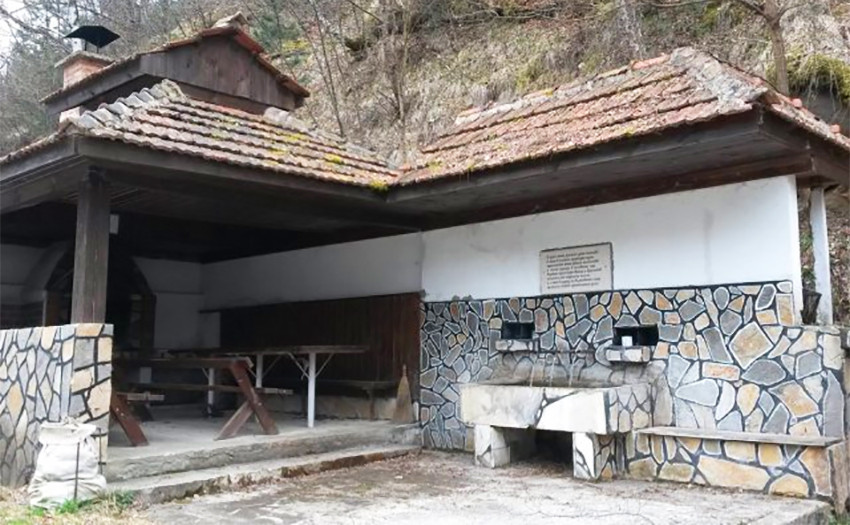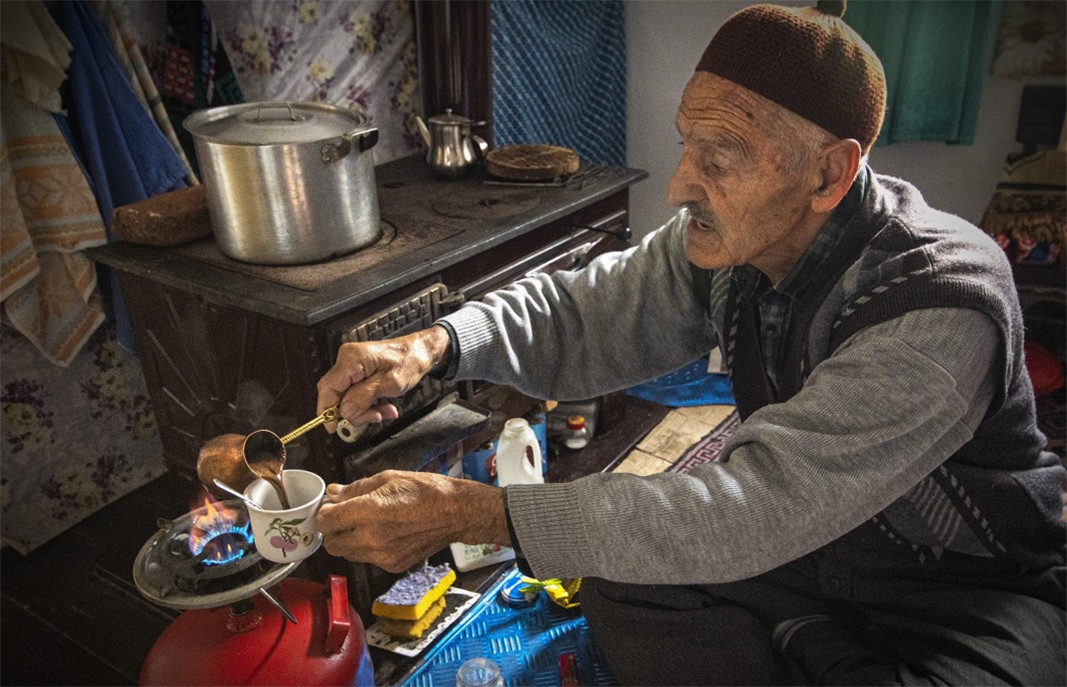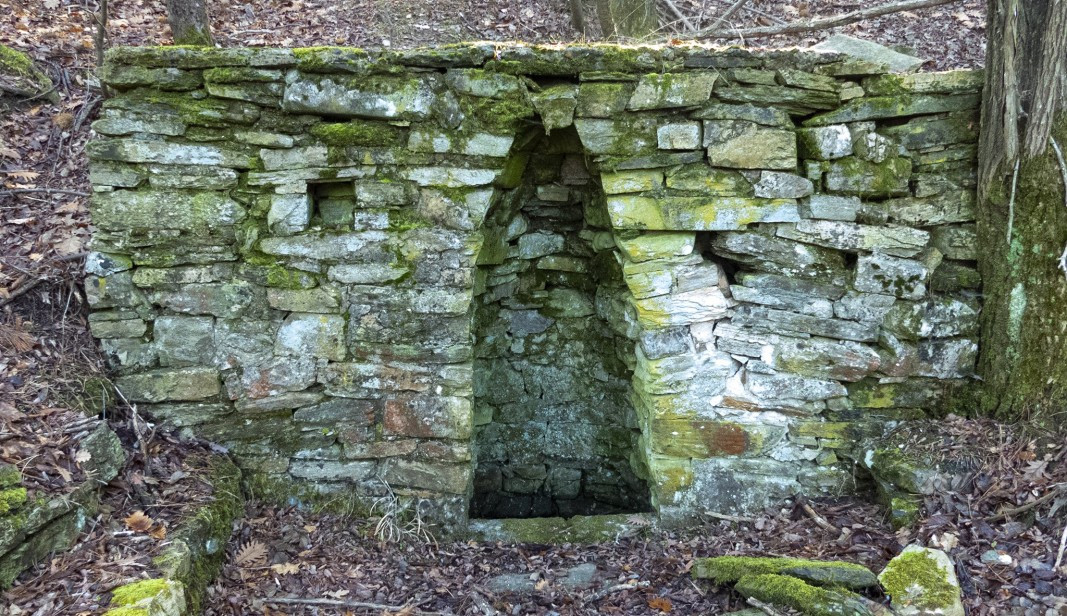Roadside water fountains abound in the Eastern Rhodopes, there are hundreds of all kinds. Some are truly impressive, others are more modest, there are even some where people can sit down to a picnic – with a barbecue, with playgrounds for the children and other amenities.
But why are there so many of them and who are the people that build them – Galina Stefanova from BNR-Kurdzhali gives the answer. She met with Grandpa Sali who organized the making of the first drinking fountain in Bashevo village, long before there was any water supply there. Together with friends and neighbours, Grandpa Sali brought water to the village square to spare the women the chore of having to go to draw water from the water springs.
The question why there are so many drinking fountains in the Rhodopes and who built them brings tears to his eyes:
“Everyone has lost someone – a father, a son, a mother, and their hearts long to do something to commemorate them,” Grandpa Sali says. “They find a spring in the mountain and bring the water to the people, to the drinking fountains you see by the side of the road. Their water comes from a different source, they have nothing to do with the municipal water supply network.”
Grandpa Sali is almost in his 90s, but he still welcomes tourists in his stone house in the village of Bashevo. Anyone can stop by his house for a cup of Turkish coffee and a chat. Asked why people build water fountains to commemorate their deceased loved ones, he answers:
“Water is the most important thing, it comes first. The dead and the living need water. If you are sick, the person who gives you water is doing a good deed. Water is a living soul. If you don’t give people access to water that means you are a very bad person.”
In his lifetime, Grandpa Sali has built two water fountains, and people are still grateful to him for them. He found the water three kilometres from the village, high up in the mountain – clear, delicious – and used hoses to bring it to the village:
“We knew nothing of technologies back in the day. When I found the water spring in the mountain the water was flowing to the river. I got the neighbours to help dig the canal and bring the water. I first made a big water fountain in the yard, to be used by the whole neighbourhood. Because before that the women, the girls, tired from working, had to take pails and go for water to the wells. In our day, with so little water what can you do – cook, wash dishes, clean the house? So, before the mayor had water pipes installed reaching all parts of the village, the neighbours would come here for water.”
Years ago, Grandpa Sali’s wife passed away, and he says his is a lonely heart. Talking about her brings tears to his eyes. He has two sons, with houses in Kurdzhali and in Petlino, even in Turkey. And he says he can go and live with them, but he prefers his own home, where he finds peace.
Reporting by Galina Stefanova, BNR-Kurdzhali
Editing by Darina Grigorova
Translated and posted by Milena Daynova
Photos: Georgi Argirov, BNR-Kurdzhali, archive
A meeting titled “Mission Water” is taking place today at Burgas State University “Prof. Dr Assen Zlatarov”. The event gathers researchers involved in the European Union’s Mission “Restore Our Ocean and Waters” under the European Commission,..
How to preserve and maintain public trust in media - this is the central topic for participants in the Public Broadcasters International (PBI) 2025 Annual Conference, which is taking place in Sofia. The event, organized..
From today until 28 October, Vidin will transform into a cultural hub to celebrate its patron saint's day - St Dimitar's Day (Dimitrovden). The new festival, “October Arts Days”, features a rich programme combining music, theatre, visual arts, and..
How to preserve and maintain public trust in media - this is the central topic for participants in the Public Broadcasters..
The Bulgarian National Radio hosted the annual Public Broadcasters International (PBI) Conference for the first time. Heads and representatives of public..
Long-distance sailing captain Svetlozar Tenev has set off from the port city of Varna on Bulgaria's northern Black Sea coast on a circumnavigation of the..

+359 2 9336 661
